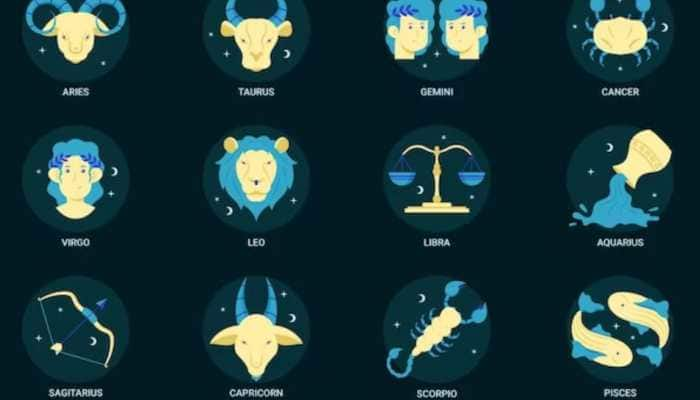The Mahabharata is one epic that has always managed to fascinate me. It is an ocean of learning in the sense that a new pearl of wisdom unearths every time you plunge in. Though there is a great deal one can learn from this longest epic in mankind’s history, yet, at the core it remains a common issue of sibling rivalry, property dispute, subjugation of women and casteism.
Mahabharata is not only a spell bounding tale of complexity unparallel, but the great epic also offers rare lessons for a better living and making the right choices in life.
One recurring theme I have noticed in Mahabharata is that everyone had to pay the price of their (bad) deeds. Before I move on to analyse Karma’s effect on the lives of some major characters in Mahabharata – I want to highlight the fact that during his lifetime, King Bharat had made a rule that the one who is a winner by his karma (deeds and ability), will inherit the throne and not the one who has the birthright.
The tide changed its course when the Kuru King Shantanu lost his heart to a mean commoner. Shantanu’s falling for a fisherwoman Satyavati was not a problem but the latter’s father’s condition for the duo’s marriage certainly was. Although Satyavati finally gets her ‘due’ by marrying Shantanu on the prerequisite that her children will inherit the throne instead of the aptly deserving Devavrata (Bheeshma – Shantanu’s eldest son by Ganga), the law of karma ensured that none of her biological sons survived to rule the Kingdom of Hastinapur. Also, since Satyavati did not socially accept her love child with Maharishi Parashara - Ved Vyasa, it was Vyasa, whose help was sought by Satyavati to produce grandsons to her widowed daughters-in-law thorugh Niyoga.
Now the question arises, why pick Vyasa for Niyoga? The possible answer could be that Satyavati’s (step) son Bheeshma was bound by his vow of eternal bachelorhood and celibacy, so he was obviously not the right choice to do the needful. The only other person worthy of producing able rulers was another son of Satyavati - Vyasa. Therefore, destiny chose to let Vyasa’s seed to take over the Kingdom of Hastinapur. This was how Bharat’s law was guarded and reinstated by nature.
On the other hand, there is an example of the Kuru King Dhritrashtra. His blindness is an allegory to his carelessness as a father. He turned a “blind eye” to the faults of his vile sons such as Duryodhana and Dushasana which led to his family’s epic downfall.
Draupadi’s story too has a lesson in it. The fire born princess rejected the Sun God’s son, Karna, since he was raised by a low caste man. Karna was bestowed with all the qualities that Draupadi wished to have in her husband but instead of choosing him, the princess of Panchal went on to marry Arjuna and in the bid got shared by all the five Pandavas. But the irony lies in the fact that her otherwise virtuous husbands put her on stake during the game of dice with the Kauravas. Adding to that, none of her mighty husbands came to her rescue when the Kauravas tried disrobing her before all and sundry.
Who knows, after the whole fiasco, Draupadi must have had an unrecorded confession to make about making the right decision during her
Swayamvara. And who knew that her favour for Arjuna would lead to her downfall on the staircase to heaven.
From what I have gathered, Karma is an intricate labyrinth much like the one the Kaurava army devised to kill the brave heart Abhimanyu in the Kurukshetra. You have the choice to do what you fancy but you can’t escape the fruit of your actions without having the wisdom.







)
)
)
)
)
)
)
)
)
)
